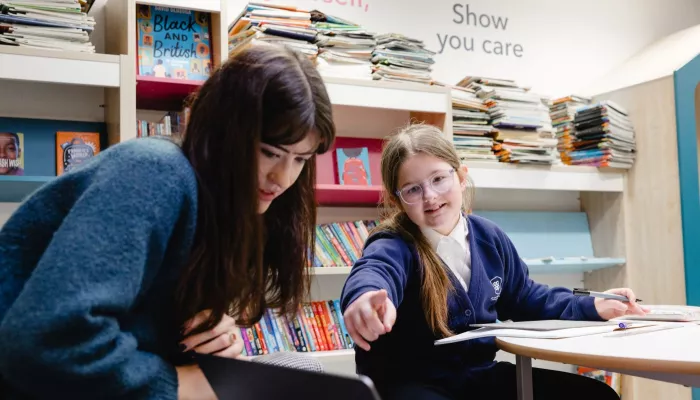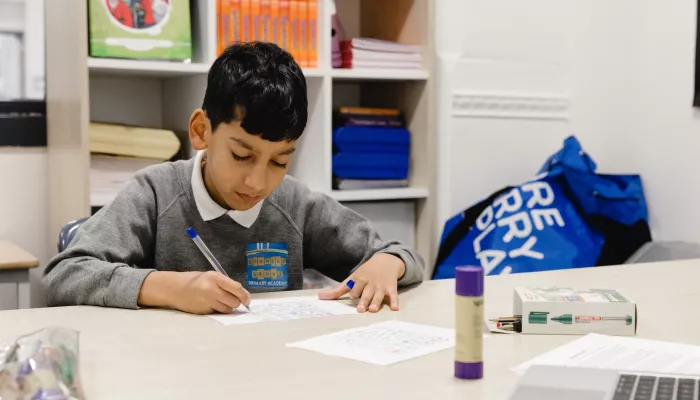Our tutors
We're incredibly proud of the work our tutors deliver. Find out how we recruit, train and monitor our tutors to ensure consistently high quality.

With more than a decade of experience in tutoring, we know schools and colleges. We understand the pressure that you're currently facing. That's why we've made working with us simple and collaborative.
With gold-standard evidence from a randomised control trial, our small group tutoring (1:1 for college students and those supported by our Tutoring Plus programmes) is a proven and effective intervention to help pupils progress. Plus, it's easy to set up in your school or college.
From your initial contact with us to reporting on your pupils' progress, we work with you every step of the way. Whether you're new to exploring tutoring for your school or college, or you're an existing partner, below is all the information you need on how we work with you.
We're incredibly proud of the work our tutors deliver. Find out how we recruit, train and monitor our tutors to ensure consistently high quality.
Find out how our friendly and supportive team will work with you throughout your programme to ensure it has a strong positive impact on your pupils.
Find out how much your proposed programme for 2024-2025 will cost using our cost calculator.
We're deeply committed to safeguarding all young people who work with us. Read about our approach here.
We have rigorous impact management processes so we can continually improve what we do. Find out how we measure impact here.
Find out how different schools have used our tutors to help increase pupil attainment, confidence and enjoyment of learning.
Find out more about the tutoring programmes we offer in primary schools
Find out more about the tutoring programmes we offer in secondary schools
Find out how we work in colleges to support GCSE resits for young people
Find out more about our 1:1 Tutoring Plus programmes, available for primary and secondary pupils

Great communication between the tutor and our teachers, and we appreciated the review meetings with all parties involved."Alison Bolton, Assistant Principal - Stanley Grove Primary Academy

Interested in how a tutoring programme could work in your school or college? Register your interest and a member of our team will be in touch.